
Tropical montane forest ecosystems provide ecosystem services, including the regulation of water and the regional climate , the capture and storage of carbon, and are a vast store of biodiversity.
Source: www.frontiersin.org
The tropical montane cloud forest is a conspicuous ecosystem that filters global air masses in such a way that they seize and incorporate water and nutrients from mist and fog into their cycles.
It typically occurs as a narrow altitudinal belt in tropical highlands where the forest crowns are regularly bathed in mist and fog.
Source: enviro2.doe.gov.my


13% AREA
COVERED BY TROPICAL & SUBTROPICAL FOREST

Globally, the area covered by tropical and subtropical montane forests is around 305 million hectares, about 13% of the area covered by tropical and subtropical forests.
Source: www.fao.org
MONTANE FORESTS GLOBALLY AROUND
HECTARES
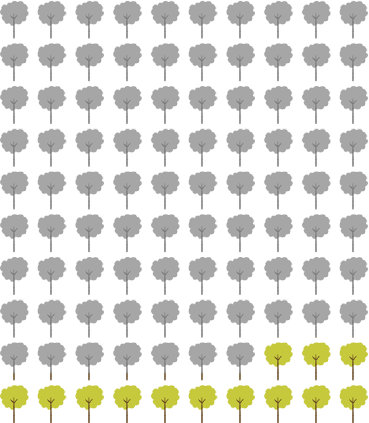
Tropical montane forest ecosystems provide ecosystem services, including the regulation of water and the regional climate , the capture and storage of carbon, and are a vast store of biodiversity.
Source: www.frontiersin.org
The tropical montane cloud forest is a conspicuous ecosystem that filters global air masses in such a way that they seize and incorporate water and nutrients from mist and fog into their cycles.
It typically occurs as a narrow altitudinal belt in tropical highlands where the forest crowns are regularly bathed in mist and fog.
Source: enviro2.doe.gov.my

MONTANE FORESTS GLOBALLY AROUND
HECTARES


13% AREA
COVERED BY TROPICAL & SUBTROPICAL FOREST
Globally, the area covered by tropical and subtropical montane forests is around 305 million hectares, about 13% of the area covered by tropical and subtropical forests.
Source: www.fao.org

mount kota
kinabalu
heights
mount kota kinabalu heights
Mount Kinabalu and the surrounding Crocker range trace back to volcanic activity during the late Mioecene, about six million years ago. The young mountain is still rising at about 5 mm a year.
Source: www.oneearth.org
mount kota kinabalu grows in different heights
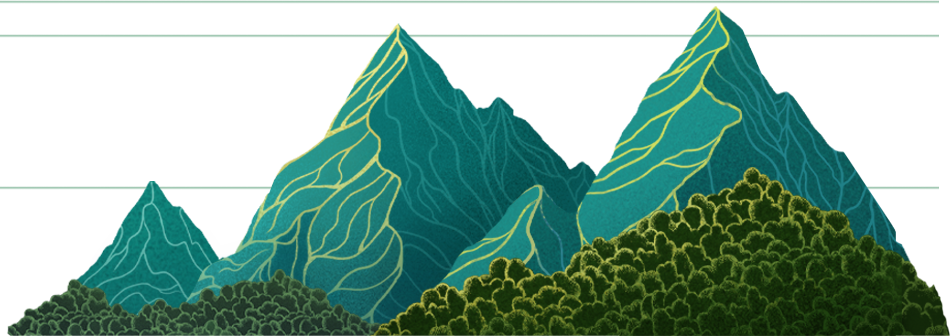

KINABALU PARK
754KM2
=
SWIMMING POOLS WATER PER YEAR
The mountains receive over 3,000 mm of annual rainfall, and the upper montane forests also derive moisture from the clouds.
Source: www.oneearth.org
Montane forests cover the Borneo highlands from around 1,000 metres to 3,300 metres.
Source: wwf.panda.org

Over 150 mammal species live in Borneo’s montane forests, which makes them the most species-rich compared to similar forests in the Indo-Pacific region.
Source: wwf.panda.org
Mount Kinabalu is a hotspot for orchids, with over 866 species and subspecies of Bulbophyllum, Dendrobium, Coelogyne, Liparis, and Calanthe.
Source: www.oneearth.org /
www.nparks.gov.sg

over 150
mammal
species
LIVE IN BORNEO'S
MONTANE FORESTS






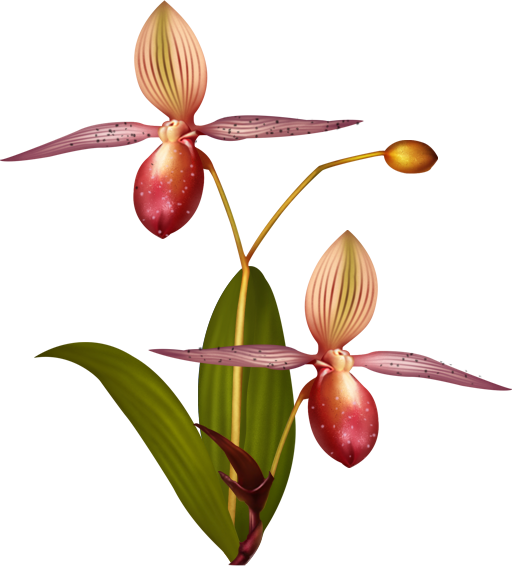
rothschild's
slipper
orchid
rothschild's
slipper orchid
Paphiopedilum rothschildianum, it is commonly known as the Gold of Kinabalu orchid or Rothschild’s slipper orchid, is a large sized clear-leafed species of orchid.
The flower has a green and red spotted petal, which attracts any parasitic flies that think it is a crowd of the aphids they lay eggs on.
Source: en.wikipedia.org
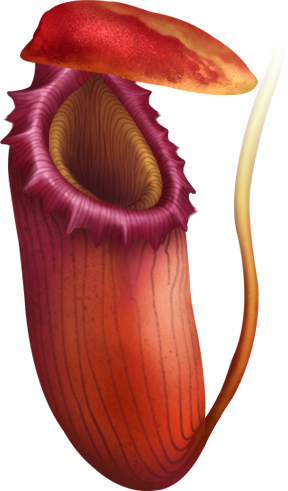
nepenthes
Nepenthes Rajah, a type of of carnivorous plants that is endemic to Mount Kinabalu is the largest pitcher plant in the world.
Due to its localised distribution, N. rajah is classified as an endangered species by the IUCN and listed on CITES Appendix I.
Source: www.atlasobscura.com / www.iucnredlist.org
chestnuts
AN IMPORTANT SOURCE OF FOOD

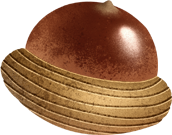
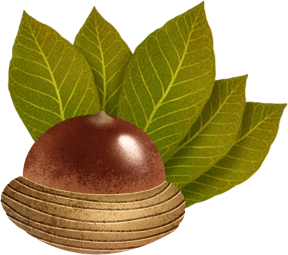
Borneo is the hub of the Malesian oak kingdom, with over 100 species in the oak family Fagaceae recorded on the island. Twelve chestnuts and almost 50 oaks occur on Kinabalu, …
Oaks and chestnuts are also an important source of food, not only for animals such as squirrels who can gnaw through even the hardest kernel, but also for wild pigs.
Source: www.sabahparks.org.my



